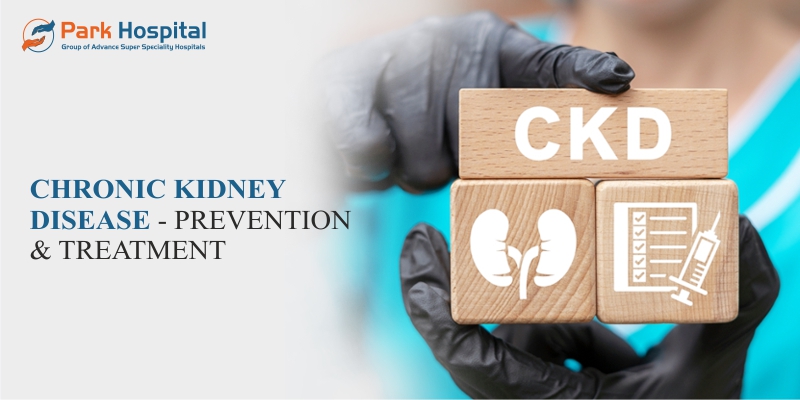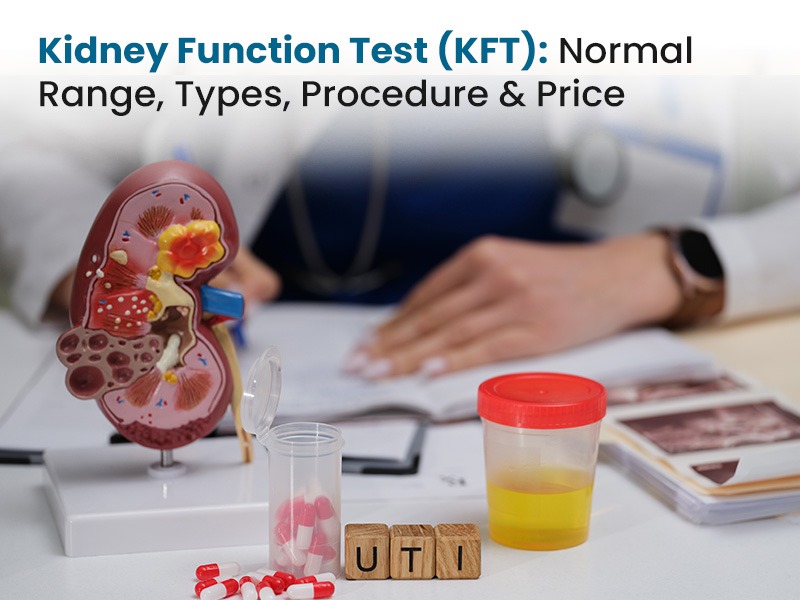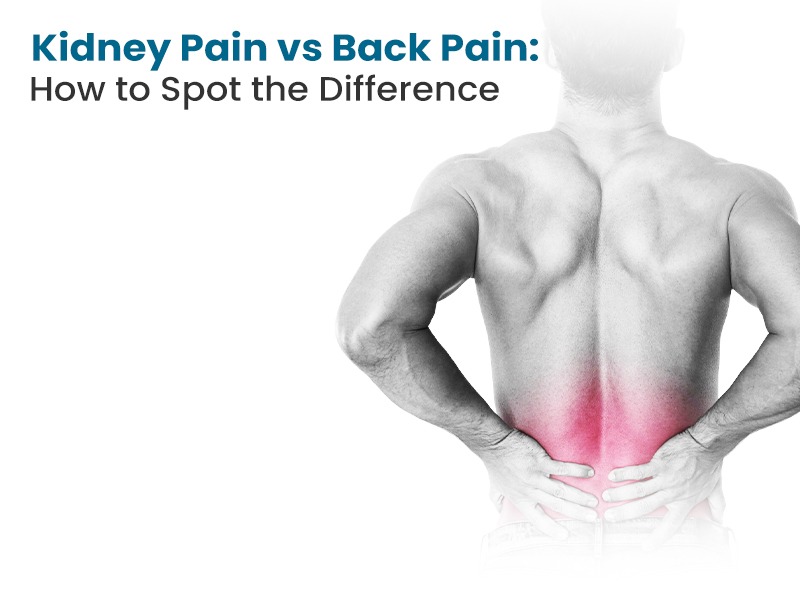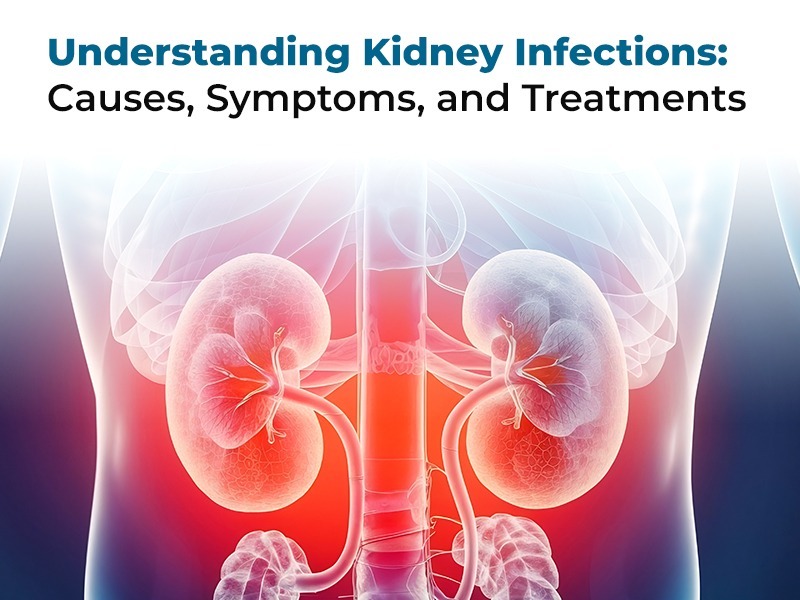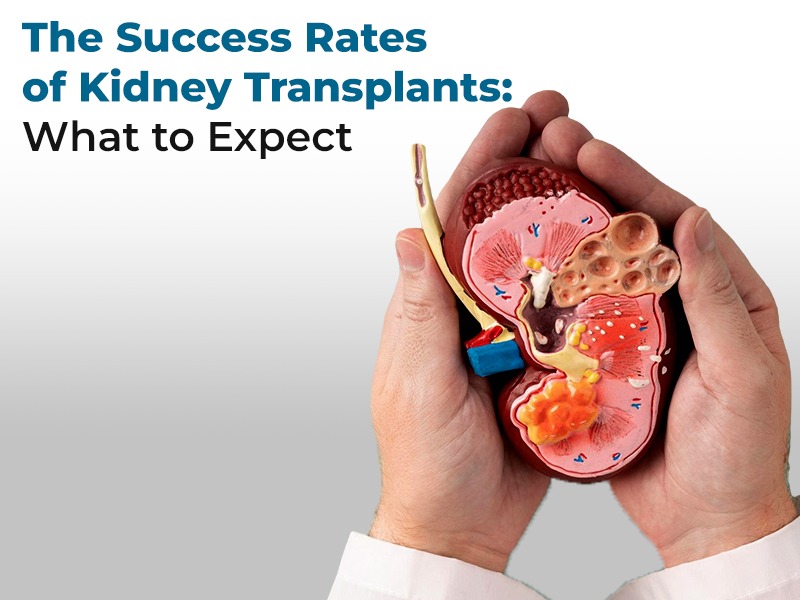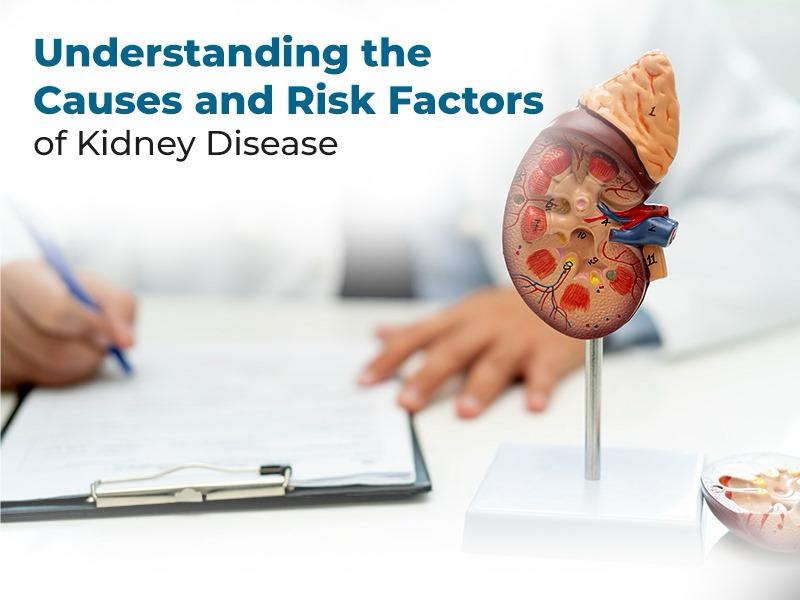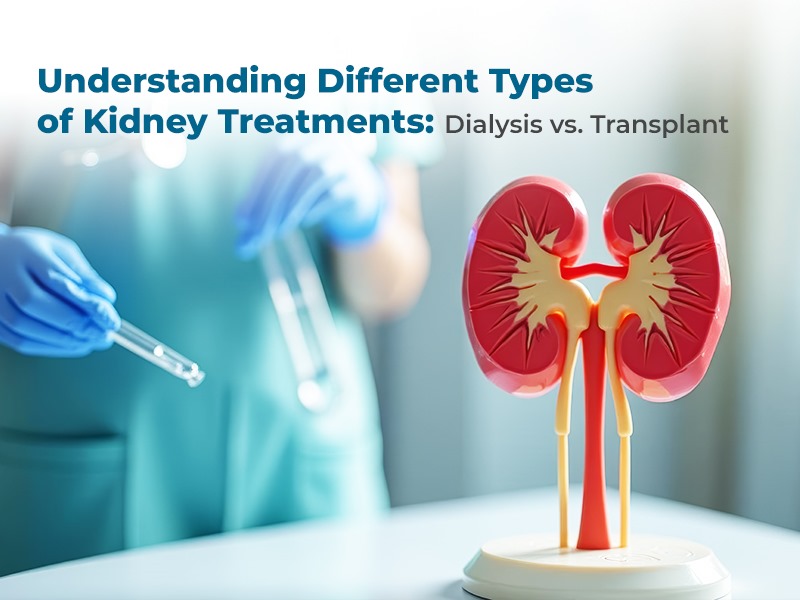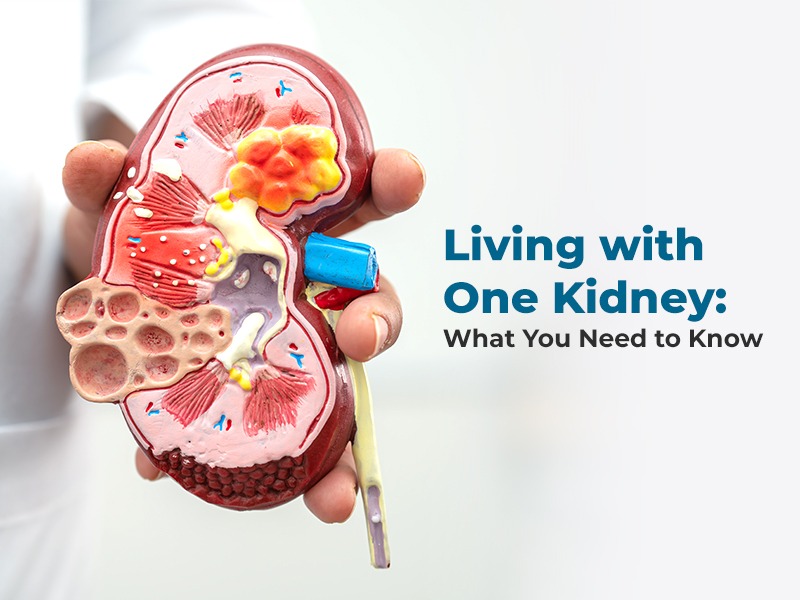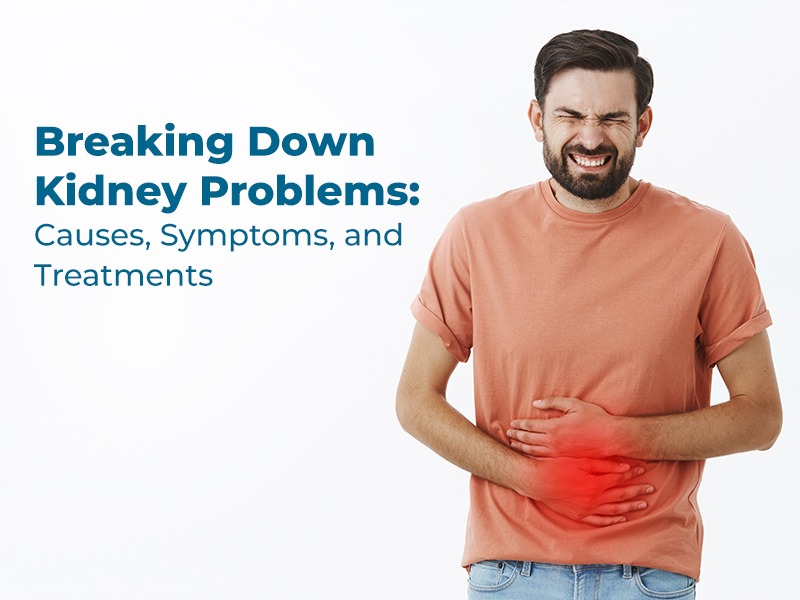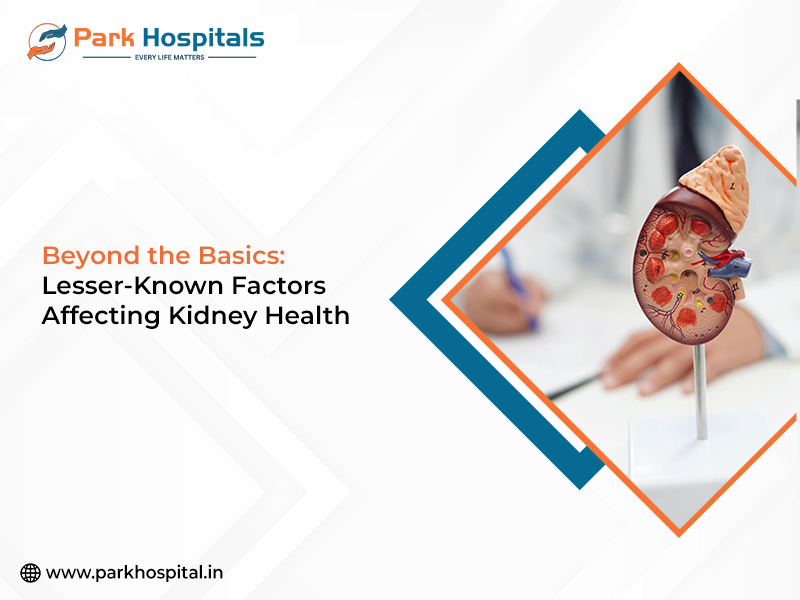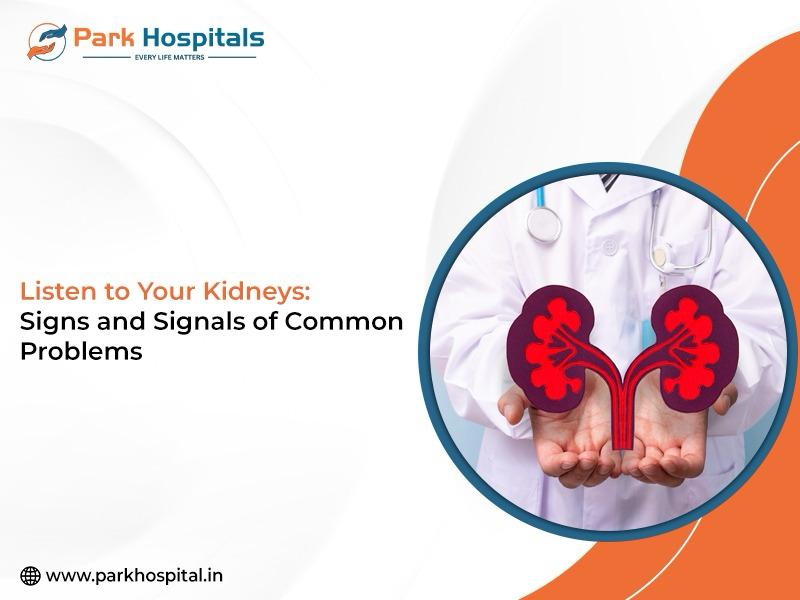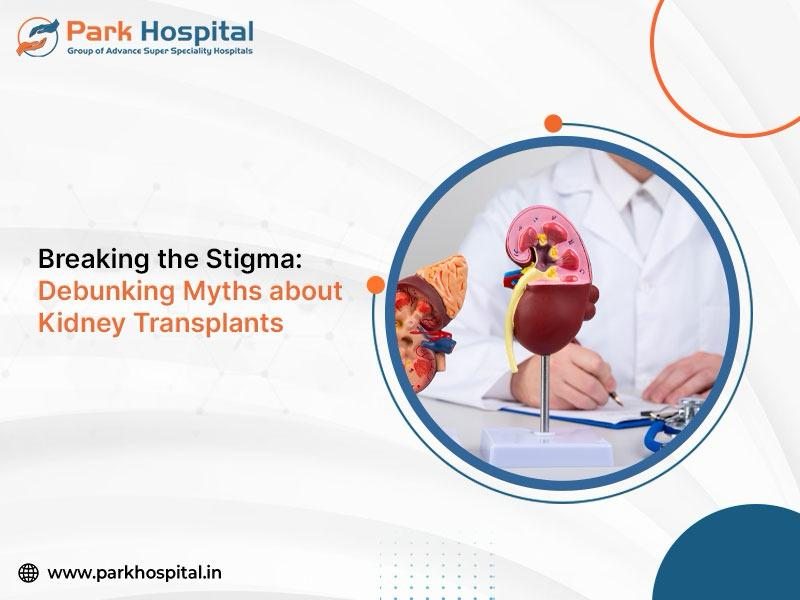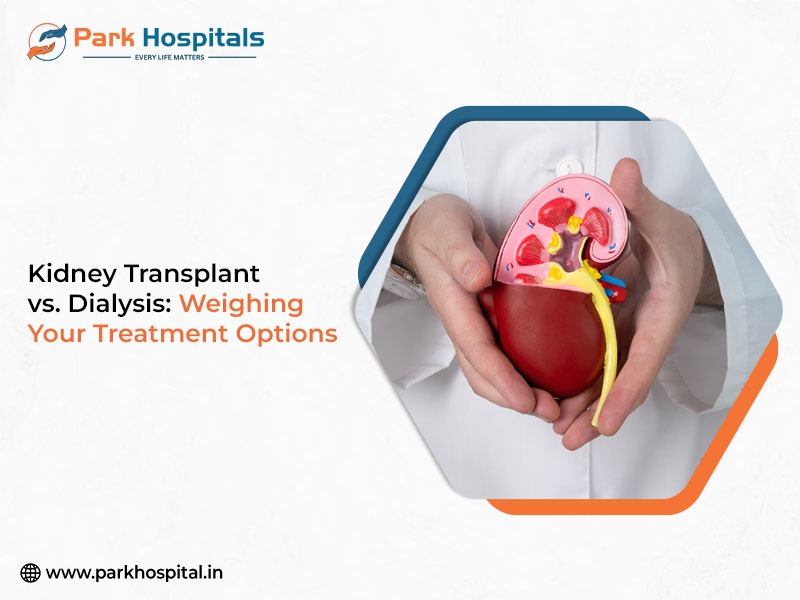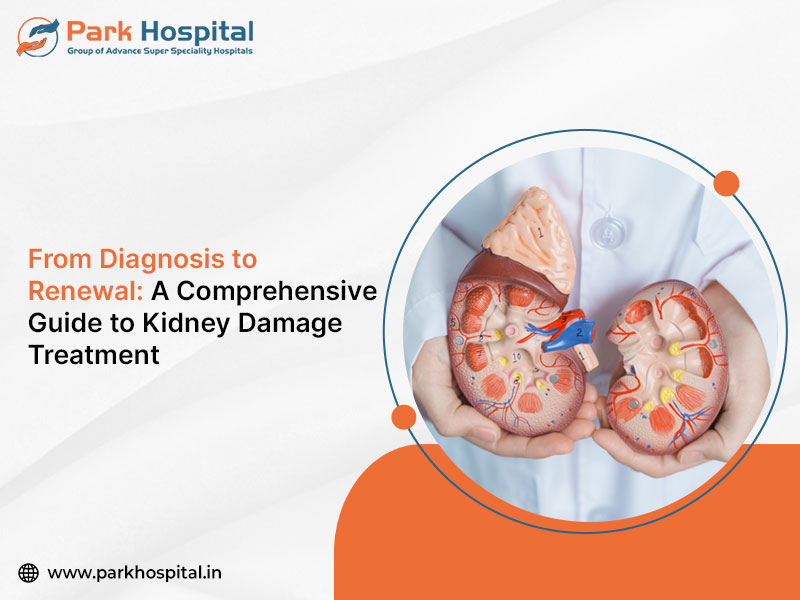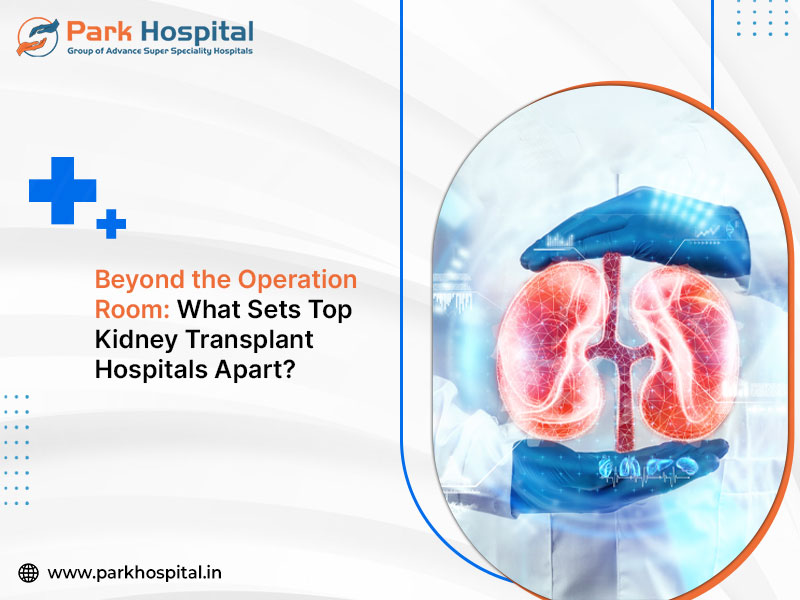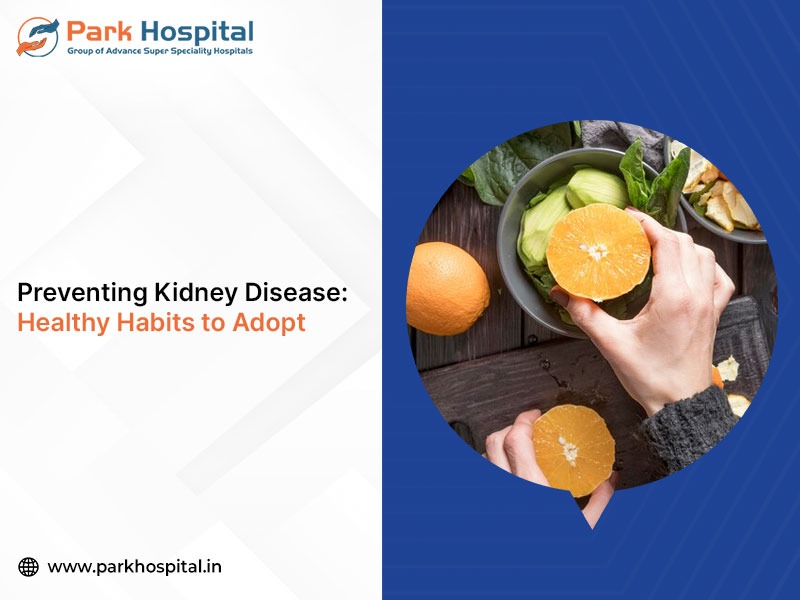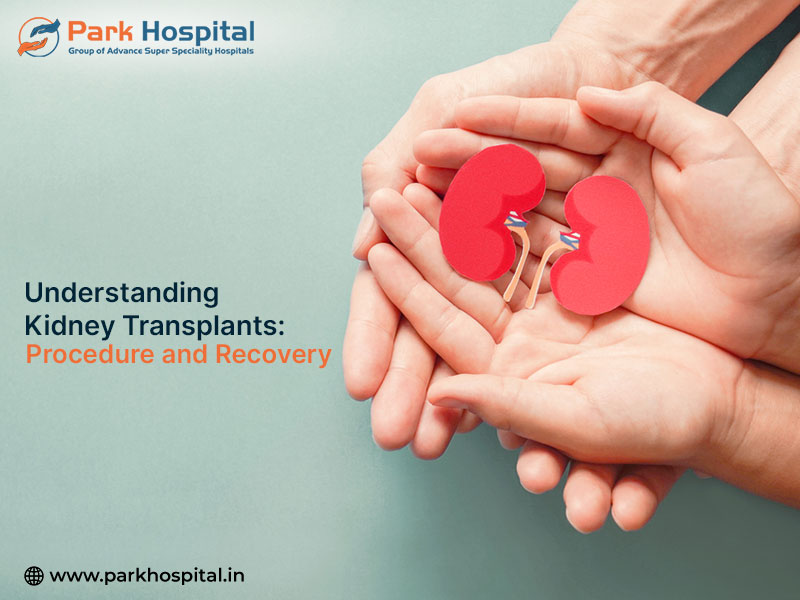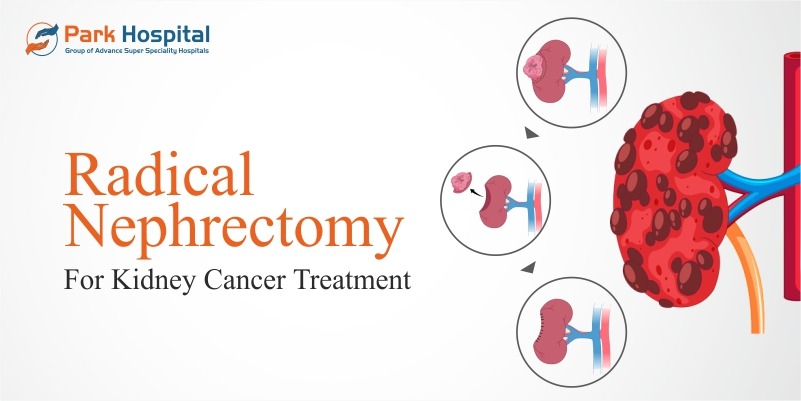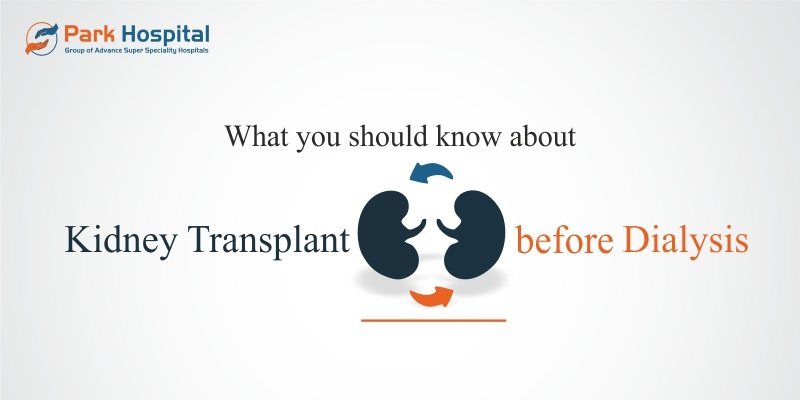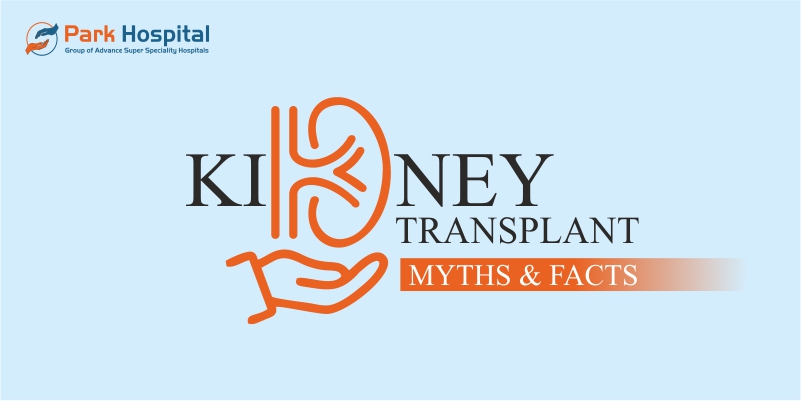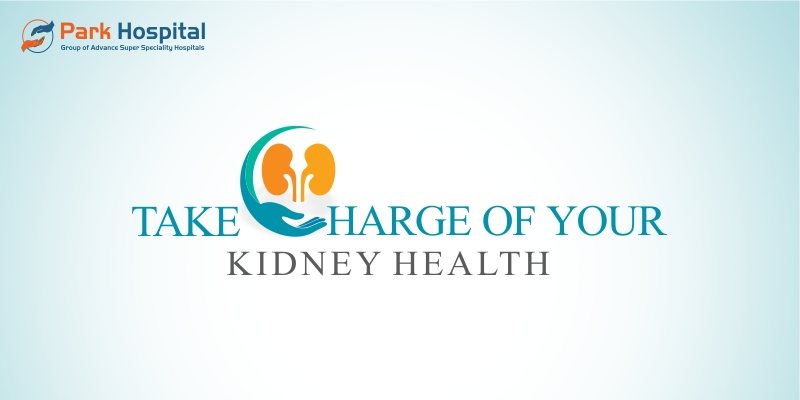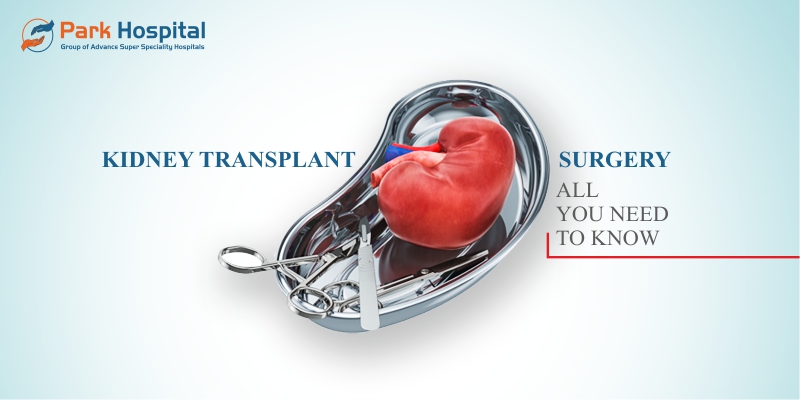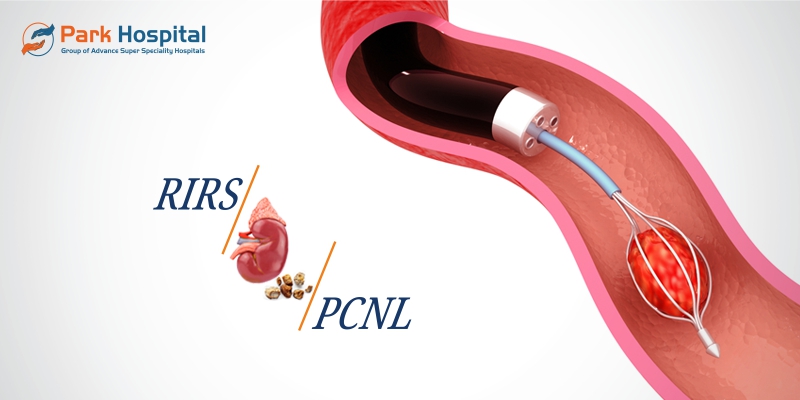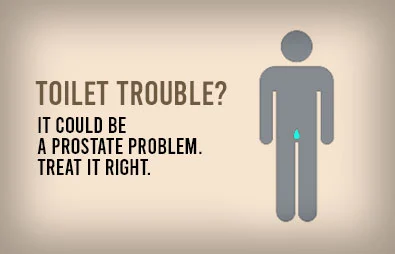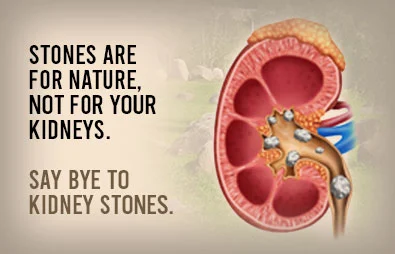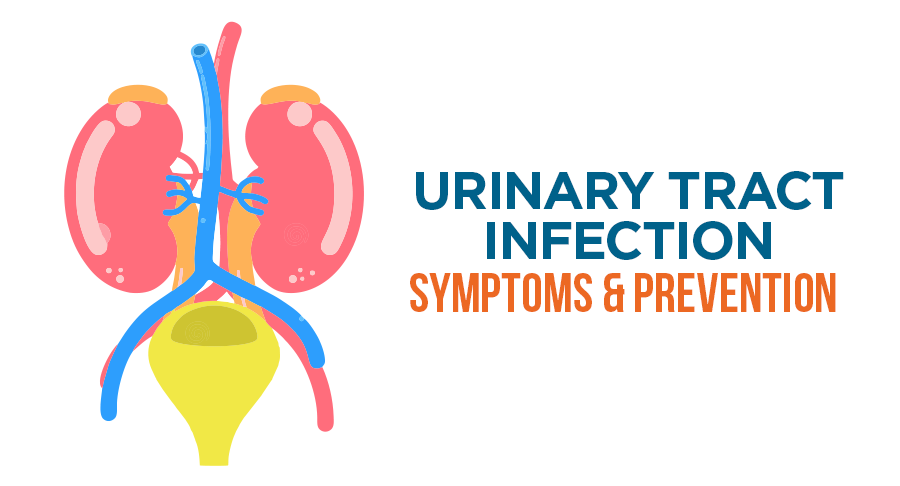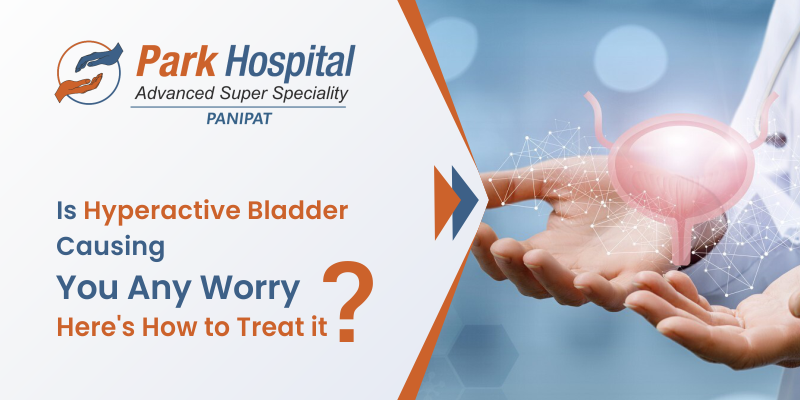About Chronic Kidney Disease (CKD)
The kidney is one of the most important organs of the human body that is responsible for the excretion and elimination of toxic wastes. Diabetic nephropathy is the leading cause of chronic kidney disease. An estimated CKD prevalence of 17% is seen in the Indian population, as the incidence of diabetes is continuously rising in the Indian subcontinent.
Causes of CKD
Hypertension (high B.P.), Diabetes (high blood sugar), Obesity.
Excess use of medications such as painkillers.
Genetic disorder such as polycystic kidney disease, alports disease.
IgA glomerulonephritis, vasculitis, omer glomerular disease.
Renal stone diseases
CKD prevention
Controlled Blood pressure, as high B.P. can damage kidneys for which lifestyle modifications such as a low salt diet, losing weight.
Prevent hyperglycemia (high blood sugar levels), which if not controlled over a prolonged period causes damage to blood vessels of the kidneys causing diabetic nephropathy.
Physical activity of at least 30 minutes a day
Diet intake that is low in salt, saturated fats, trans fats, cholesterol, and sugar but rich in leafy vegetables, baked foods, and whole grains.
Refrainment of lifestyle habits such as smoking and alcohol that can aggravate diabetes indirectly preventing CKD.
CKD diagnosis
CKD is diagnosed by
Blood test for GFR (Glomerular Filtration Rate)
Urine test for albumin as assessed by Urine Albumin Creatinine Ratio (UACR)
Urinary albumin 30mg/g or less normal kidney
Urinary albumin more than 30mg/g kidney disease.
CKD stages based on diagnostic results
Based on the estimated Glomerular Filtration Rate (eGFR)
Based on the Albumin Creatinine Ratio (ACR)
A higher stage indicates more severe kidney disease.
CKD treatment
The treatment target is to get B.P. to 140/90mm Hg in patients with CKD and with the added burden of diabetes the target B.P. is 130/80mm Hg. ACE inhibitors such as Enalapril or Ramipril are recommended to manage hypertension in people with kidney disease. If side effects such as dizziness, headache, or persistent dry cough are severe, then ARB (Angiotensin receptor Blockers) are not recommended.
Manage high cholesterol with atorvastatin to reduce the risk of cardiovascular disease.
Manage fluid retention or edema with diuretics such as furosemide, which may in turn reduce the blood pressure.
Patients with advanced stage 5 CKD have to undergo dialysis and may require a kidney transplant in case of complete kidney failure. With a kidney transplant, lifetime dialysis is avoided.
Patients with advanced CKD may develop anemia that can be treated with erythropoietin injections & Iron injections.
Apart from this, a deficiency of Vitamin D is treated by supplementation.
Conclusion
Lifestyle habits worsen cardiometabolic health that in turn worsens the health of the kidney because of which throughout life, a chronic kidney disease patient had to lead a life of abnormal routine depending on dialysis in an advanced stage, if not lucky to get a kidney transplant. Chronic kidney disease is one way, it only advances and worsens every day. Hence it is better to control high B.P., high blood sugar, and high cholesterol principally either to prevent CKD or to prevent advancement of CKD.
If you or your loved ones are suffering from kidney diseases, for the best consultation and kidney treatment visit Park Hospital. They are experts in kidney diseases treatment and kidney transplants with the latest technologies and expert Nephrologists and Kidney Transplant Surgeons.

